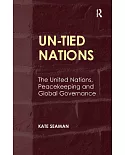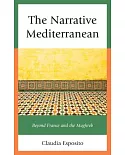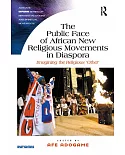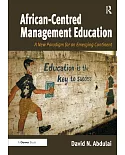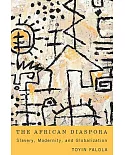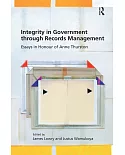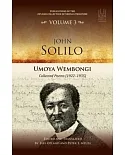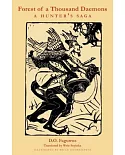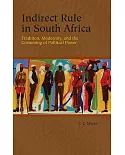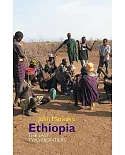Self-justice and legal self-help groups have been gaining importance throughout Africa. The question of who is entitled to formulate 'legal principles', enact 'justice', police 'morality' and
sanction 'wrongdoings' has increasingly become a subject of controversy and conflict. These conflicts focus on the strained relationship between state sovereignty and citizens'
self-determination. More particularly, they concern the conditions, modes and means of the legitimate execution of power, and in this volume are seen as a diagnostics as to how social actors in
Africa debate and practise socio-political order. State agencies try to bring vigilante groups under control by channelling their activities, repressing them, or using them for their own
interests. Vigilante groups usually must struggle for recognition and acceptance in local socio-political spheres. As several of the contributions in the volume show, legal self-help groups in
Africa therefore 'domesticate' themselves by, among other things, seeking legitimation, engaging in publicly acceptable non-vigilante activities, or institutionalizing what often began as a
rather unrestrained and 'disorderly' social movement. Thomas G. Kirsch is Professor of Social and Cultural Anthropology, University of Constance, Germany; Tilo Gr瓣tz is Senior Research Fellow
at the University of Hamburg, Germany.



